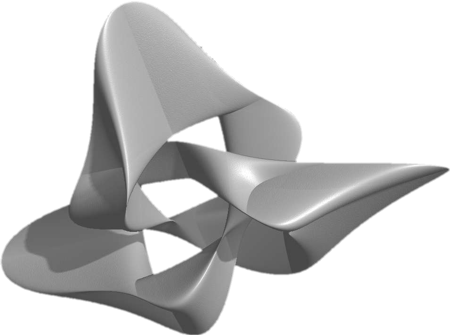The Anti-Hero and the Monkey Man
In the great stories of myth, literature, and even our own lives, the figure of the anti-hero appears like a shadowy mirror to the classic hero. The anti-hero is not evil, not a villain — but neither does he or she fit the mold of the shining, flawless savior. The anti-hero moves through contradiction, inner struggle, moral ambiguity, and often carries wounds, flaws, or burdens that make their journey rough-edged and raw.
In the context of the Monkey Man, the anti-hero becomes even more intriguing. The Monkey Man, as we’ve explored, represents our instinctual, limbic, survival self — that layer of us working beneath cognition, running habits, protecting routines, often unseen but always working. When we enter times of paradigm-shifting change, the Monkey Man is thrust into stress. And here, the anti-heroic qualities can emerge.
The anti-hero, in this sense, is the part of us — or the character in the story — who wrestles not from a place of wickedness but of weakness. This distinction is vital. Wickedness implies malice, cruelty, a conscious turning toward harm. Weakness, by contrast, is the natural limit of human capacity: the cracks in our armor, the untrained reflexes, the patterns we’ve not yet reshaped.
When the Monkey Man faces a world he no longer understands, he may act out, stumble, resist, or cling — not because he is evil, but because he is unprepared. The anti-hero figure arises from this space: imperfect, struggling, sometimes selfish or short-sighted, yet still on the path.
It’s essential, then, to clarify: the anti-hero is not the anti-Christ. The anti-hero does not stand as a cosmic opposite to divine goodness, nor as a figure of spiritual opposition. Instead, the anti-hero is the flawed, very human traveler navigating the complexities of life, often forced to confront their own Monkey Man within.
To honor the anti-hero is not to glorify failure or excuse harm — it is to recognize the unfinished, rough parts of the journey where we wrestle with ourselves and come through changed. It is to hold compassion for the ways we are still learning, still taming the Monkey Man, still moving from survival reaction into conscious growth.
When we embrace this understanding, we open space for real self-work — not idealized perfection, but honest transformation. And that, perhaps, is where the deepest heroism begins.
Where in your life do you see the anti-hero at work — not as wickedness, but as weakness?
Think of situations where you stumble, resist, or fall short — not out of malice, but because old habits, untrained reflexes, or survival instincts take over. Where does your Monkey Man react in ways that no longer serve you? How might you begin to retrain rather than punish this part of yourself?
Write down one or two recent situations where you saw your own anti-hero rise up. What did you learn about yourself from these moments?
